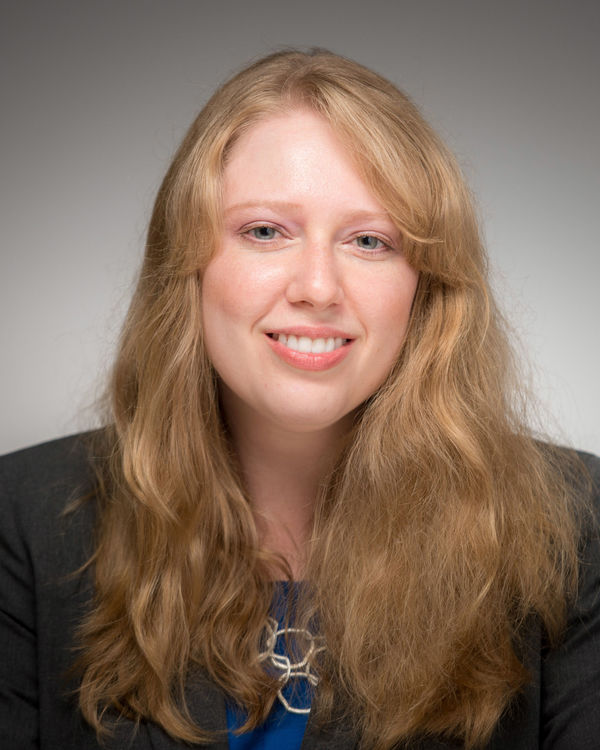
Melissa Miller is an assistant teaching professor in the Department of German and Russian Languages and Literatures and director of the Russian language program. She came to Notre Dame in 2016 as a visiting assistant professional specialist, after receiving her Ph.D. from the University of Wisconsin-Madison.
What are you currently researching?
My research focuses on the medical humanities in the context of Russian literature and culture. The medical humanities seek to combine expertise in both medicine and the liberal arts — including literature, music, film, history and cultural studies — in order to “re-humanize” medical education.
In particular, I study Russian physician-writers and the concept of narrative medicine. Narrative medicine seeks to harness the power of interpreting and acting on stories of those suffering from illness in order to provide them with more humane and effective treatment.
What inspired you to focus on the medical humanities?
When I started studying Russian literature, I knew I wanted to connect what many see as a very abstract, and even aloof, endeavor to contemporary human concerns.
With the current debates in our country surrounding health care, it is more important than ever to consider how valuable access to proper medical treatment is for human life. The ways in which Russian authors have used storytelling to treat disease and heal patients in dire political and historical circumstances has much to teach us in America today.
Why is it important to be studying Russian?
Russia has never stopped being a vital subject of study — despite the fact that, after the fall of the Soviet Union, an attitude of “been there, done that, let’s move on,” prevailed in the United States regarding Russian language and culture education. It is in everyone’s best interest that we figure out a way to work with Russia, not against it.
Last semester, I taught Post-Soviet Russian Cinema, which depicts a world in upheaval. The characters we study on screen have lost much of what they used to know and must rebuild their society anew. The ability to navigate dramatic personal and professional change and come out the other side is an essential skill for students to have as they transition from college to an independent life.
Why is study abroad such a critical component of learning the language?
The biggest hurdle to studying Russia is the stereotype that it is too mysterious, too foreign, too strange to engage with. Study away programs work on an immediate and personal level to challenge those notions and introduce students to their counterparts abroad. Our students form lasting friendships with the young Russians they meet and remain in touch with each other through social media. These relationships continue to challenge narrow or one-sided views of the world, long after the official program has ended.
"With the current debates in our country surrounding health care, it is more important than ever to consider how valuable access to proper medical treatment is for human life. The ways in which Russian authors have used storytelling to treat disease and heal patients in dire political and historical circumstances has much to teach us in America today."